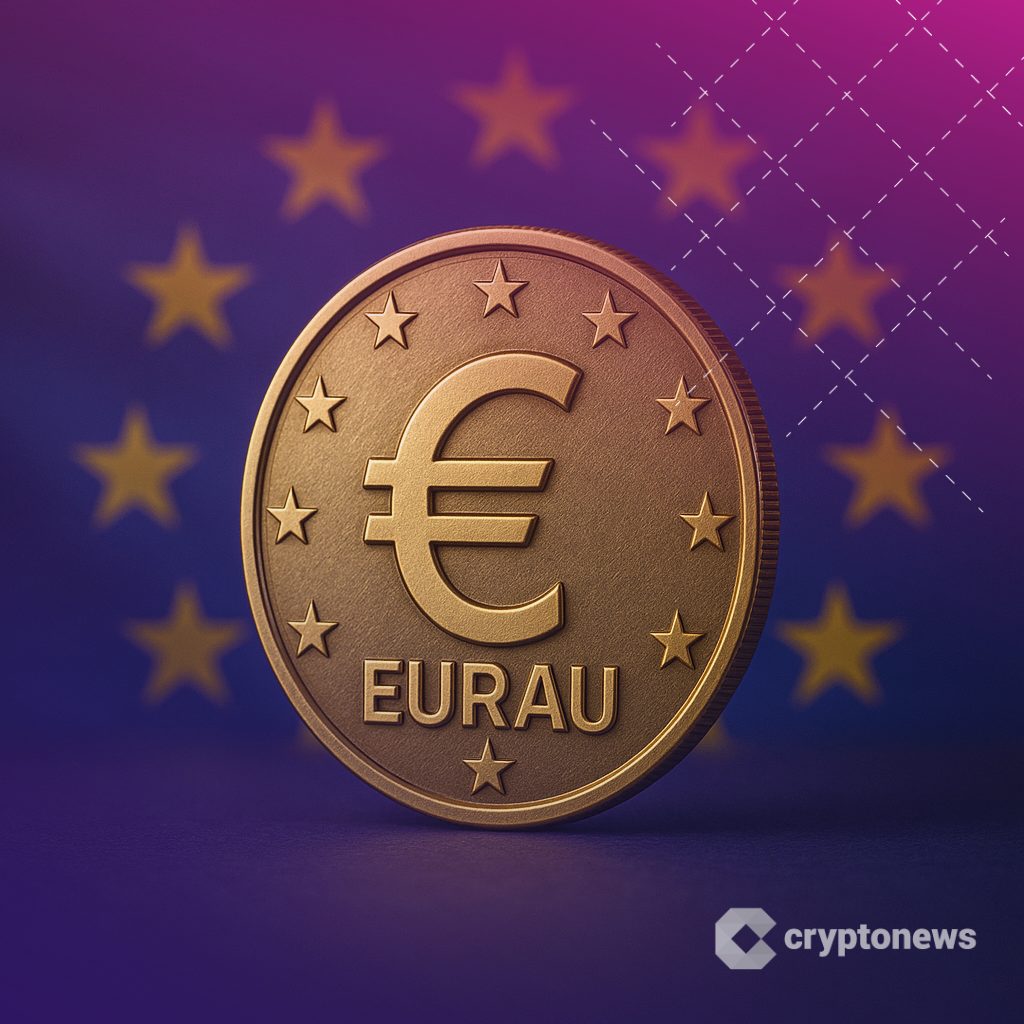Over $1b flows into spot Bitcoin ETFs as macro sentiment improves
U.S. spot Bitcoin exchange-traded funds recorded over $1 billion in net inflows over the last two trading sessions as macroeconomic concerns cooled after President Donald Trump revealed a trade deal with an ASEAN member state.
According to data from SoSoValue, inflows totaled $407.78 million on July 2, followed by $601.94 million on July 3, the highest single-day inflow since May 23.
Notably, on Thursday, Fidelity’s FBTC led the highest inflows with $237.13 million flowing into the fund, followed closely by BlackRock’s IBIT with $224.53 million inflows.
ARK 21Shares’ ARKB saw $114.25 million, while Bitwise’s BITB, Grayscale’s GBTC, and VanEck’s HODL collectively drew $26.03 million. All other BTC ETFs reported zero flows on the day.
The renewed inflows come just days after the U.S. Senate passed Trump’s so-called “Big Beautiful Bill” on July 1, a bill that, despite lacking provisions directly related to crypto, initially triggered uncertainty in digital asset markets.
Spot Bitcoin ETFs had posted their first daily outflow on July 1, ending a 15-day consecutive inflow streak, before rebounding sharply within the next two trading sessions.
Investor sentiment appears to have rebounded partly due to optimism around Trump’s new trade pact with Vietnam. The agreement seeks to rebalance trade by imposing a 20% tariff on Vietnamese imports and a 40% levy on transshipped goods, while eliminating tariffs on U.S. exports to Vietnam. This helped ease broader macroeconomic uncertainty and boosted risk assets across markets.
Further, Trump has also been pressuring Fed Chair Jerome Powell to lower interest rates and has even called for his resignation, accusing him of failing to lower interest rates fast enough to stimulate economic growth.
He has even hinted at appointing a successor well before Powell’s term ends in May 2026, seeking candidates who would support aggressive rate cuts, like Scott Bessent, Kevin Warsh, or Christopher Waller.
The political pressure has weighed on the U.S. dollar, which has declined in recent sessions as investors increasingly price in the possibility of looser monetary policy and reduced central bank independence. As the dollar continues to slide, investor appetite for risk assets, including Bitcoin, has climbed, reflected clearly in the sharp rise in ETF inflows.
Looking ahead, the influx of institutional capital into Bitcoin ETFs could signal a potentially strong July for Bitcoin price action, challenging its historical trend of underperformance in Q3.
Analysts have already started calling out short-term targets ranging between $117,000-$135,000, with long-term projections as high as $200,000 by the end of this year.
As of press time, Bitcoin (BTC) was priced at $109,044 when writing, down roughly 1% over the past day.
Disclosure: This article does not represent investment advice. The content and materials featured on this page are for educational purposes only.
You May Also Like

Revolut is seeking to raise $1 billion at a $65 billion valuation

EURAU Stablecoin Debuts: Deutsche Bank, Galaxy Launch Europe’s First MiCA-Regulated Euro Token
